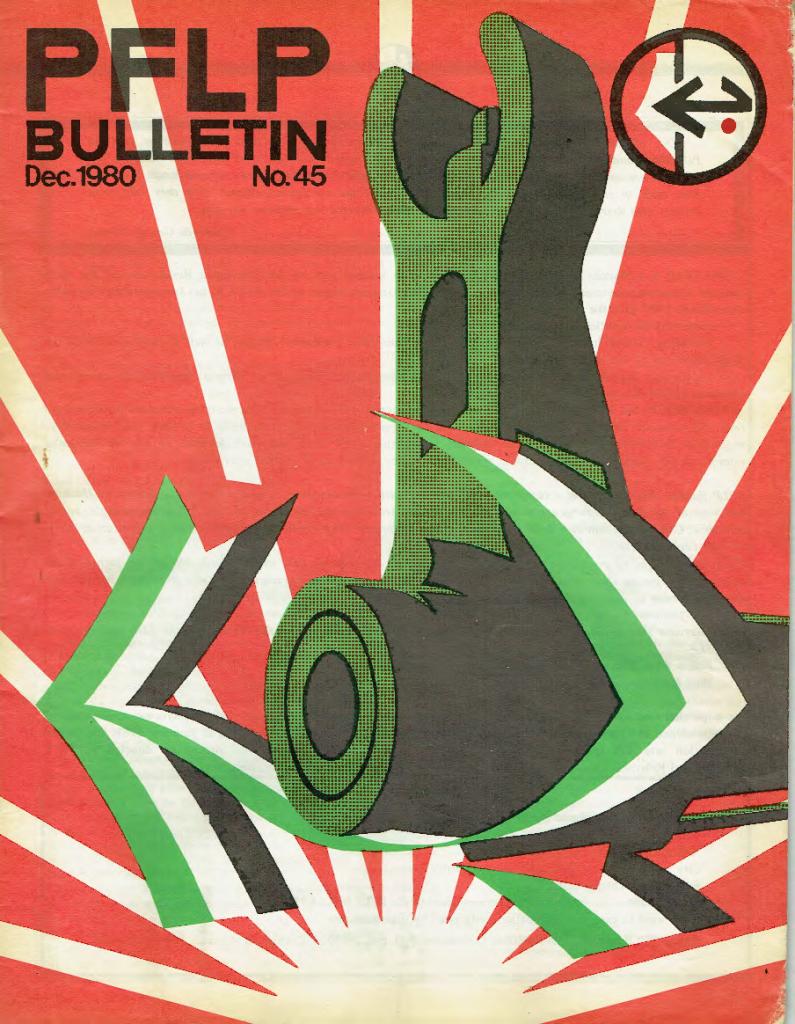This graphic was also printed as a poster which may be viewed here ______________________
By: Danah Abdulla
Leftist publications centred around political struggles and groups from the twentieth century had specific aims, and clear ideas of the audience and readership, largely due to the constraints on distribution at the time. This definition of audience and readership was at the centre of most anti-colonial and anti-imperialist publications. For them, publishing was an avenue to build community and solidarity, through the content sourced and featured, the distribution networks employed, and the activities surrounding the publication.
As forms of counter-culture – of thinking otherwise – the concerns and role of leftist publications in the twenty-first century, where social, economic and technological conditions have transformed engagement with content both online and offline, has shifted from those of the twentieth century; due in large part to the internet in facilitating the building of platforms for alternative ideas and voices that can be shared with a wide-audience on a global scale.
In this paper, I will explore the concept of community in relation to publishing practices through the PFLP bulletin, a 1970s-1980s English-language monthly magazine published by the Popular Front for the Liberation of Palestine (PFLP). The aim of the bulletin was to present the political line of the PFLP, to provide current information and analysis of the struggle at a local, national and international level, and as a tool to build solidarity amongst similar liberation movements around the world.
This role in forming networks and an alternative platform for debate and critique fits into the stream “Counter-Institutional: The Material Histories of Periodicals”. Through an analysis of the layout design, language and content in digital versions of these issues found online and building on the discussion that I began in an article titled “A platform for third world solidarity: the Popular Front for the Liberation of Palestine bulletin” published in The Funambulist (Issue 22), the paper discusses the role and influence of publishing practices in the twentieth century. It grapples with questions of relevance of publishing these types of publications now, and outlines some lessons we can draw on today from the community and solidarity building activities developed through the PFLP Bulletin.
Source:
https://revolutionarypapers.org/journal/pflp-bulletin/

